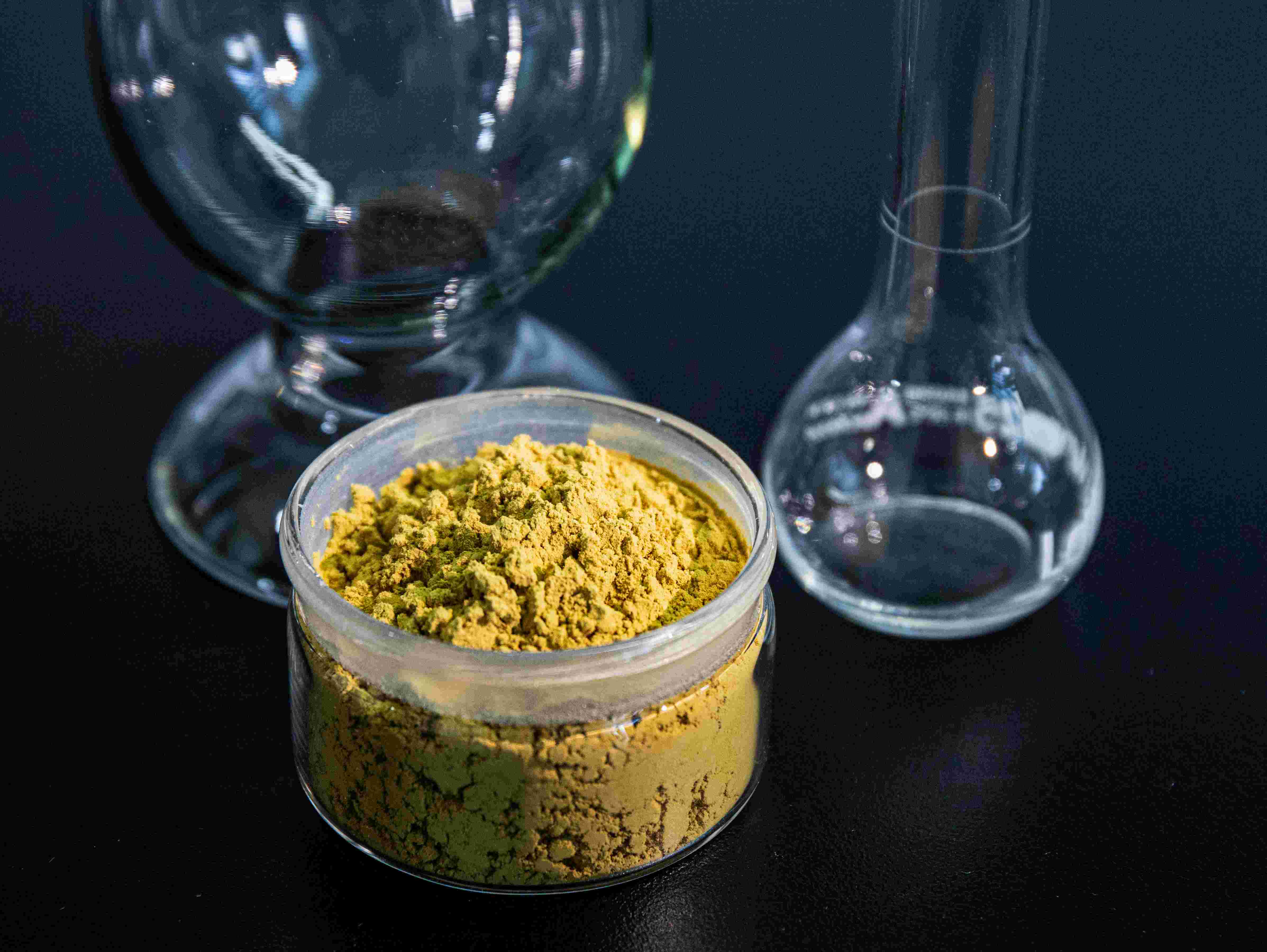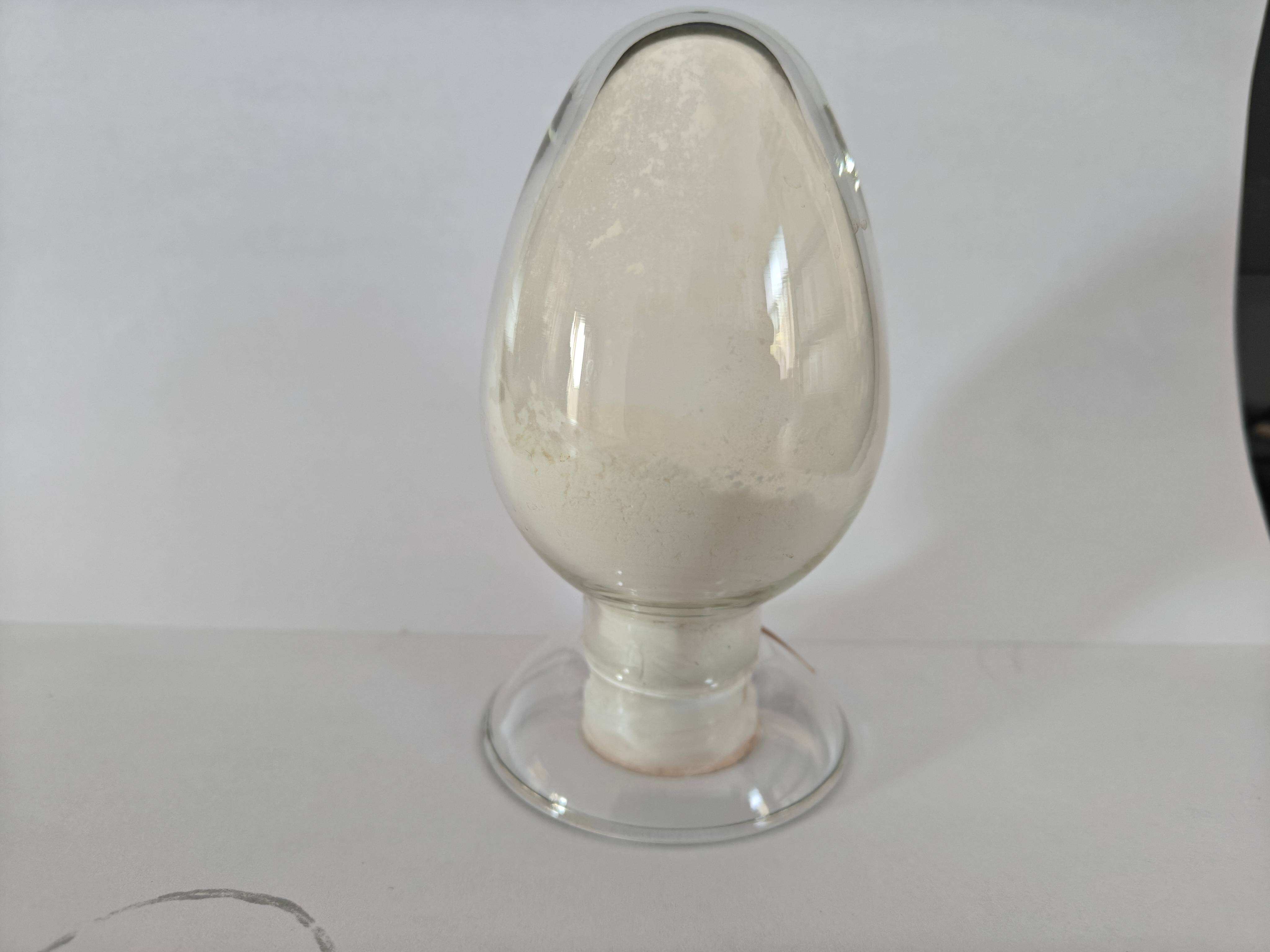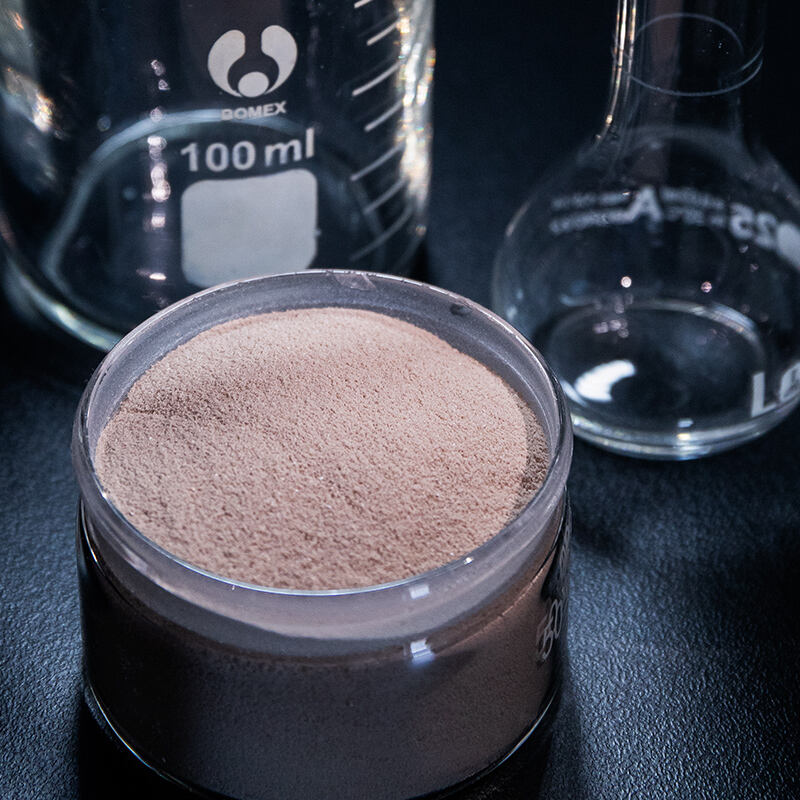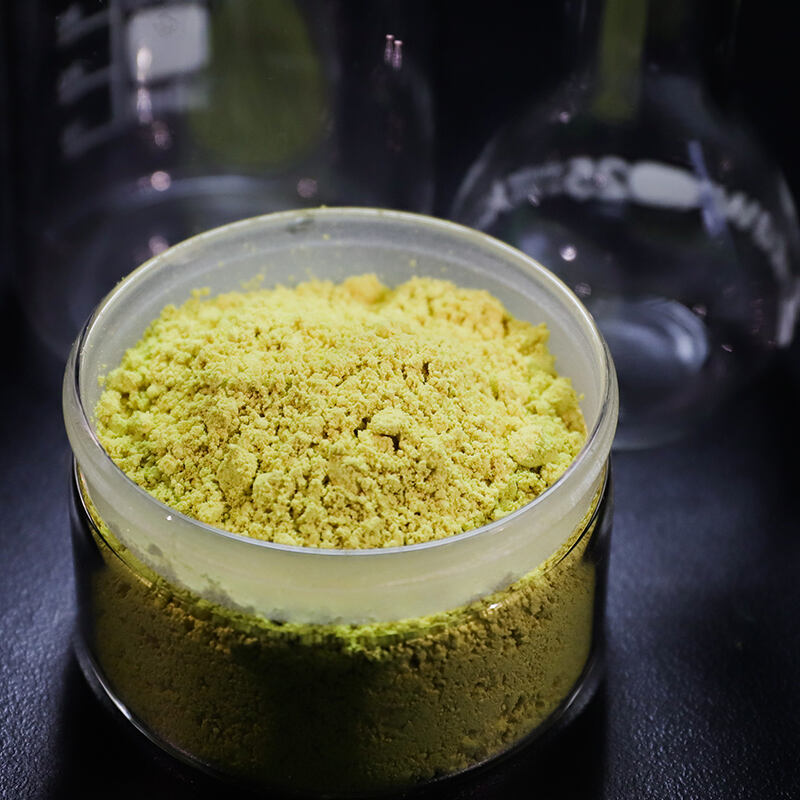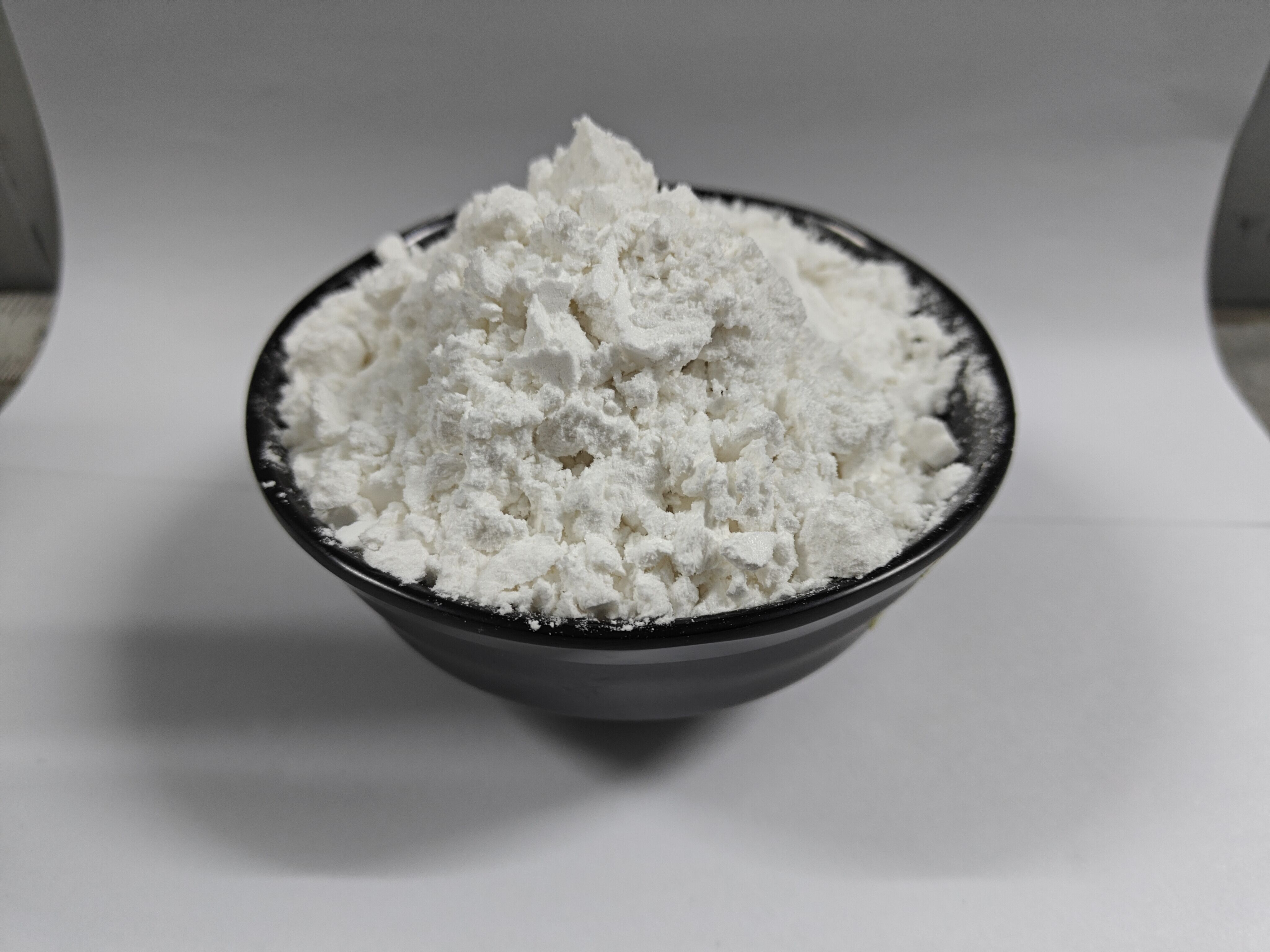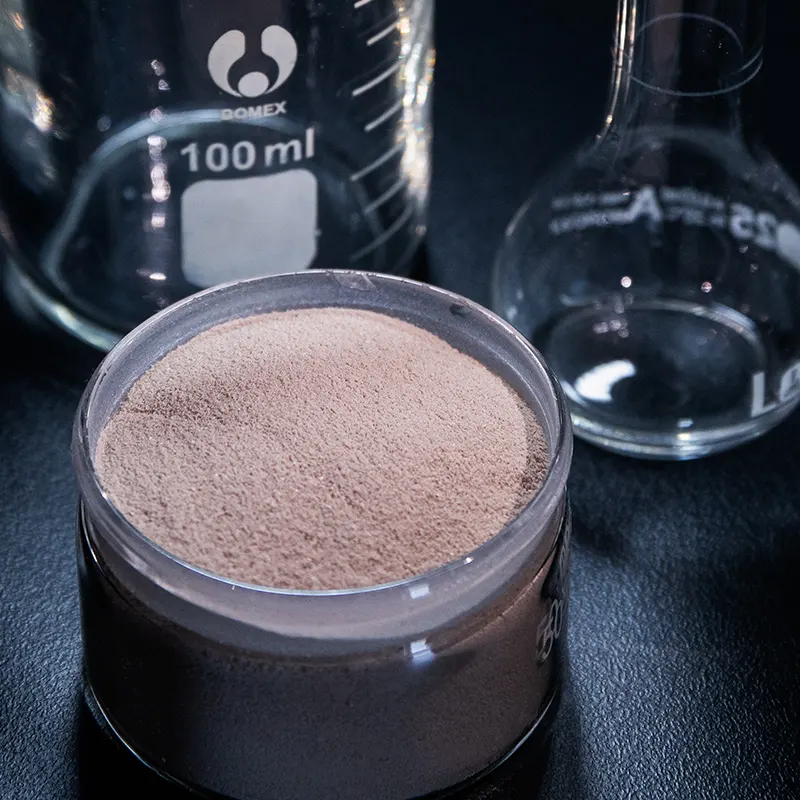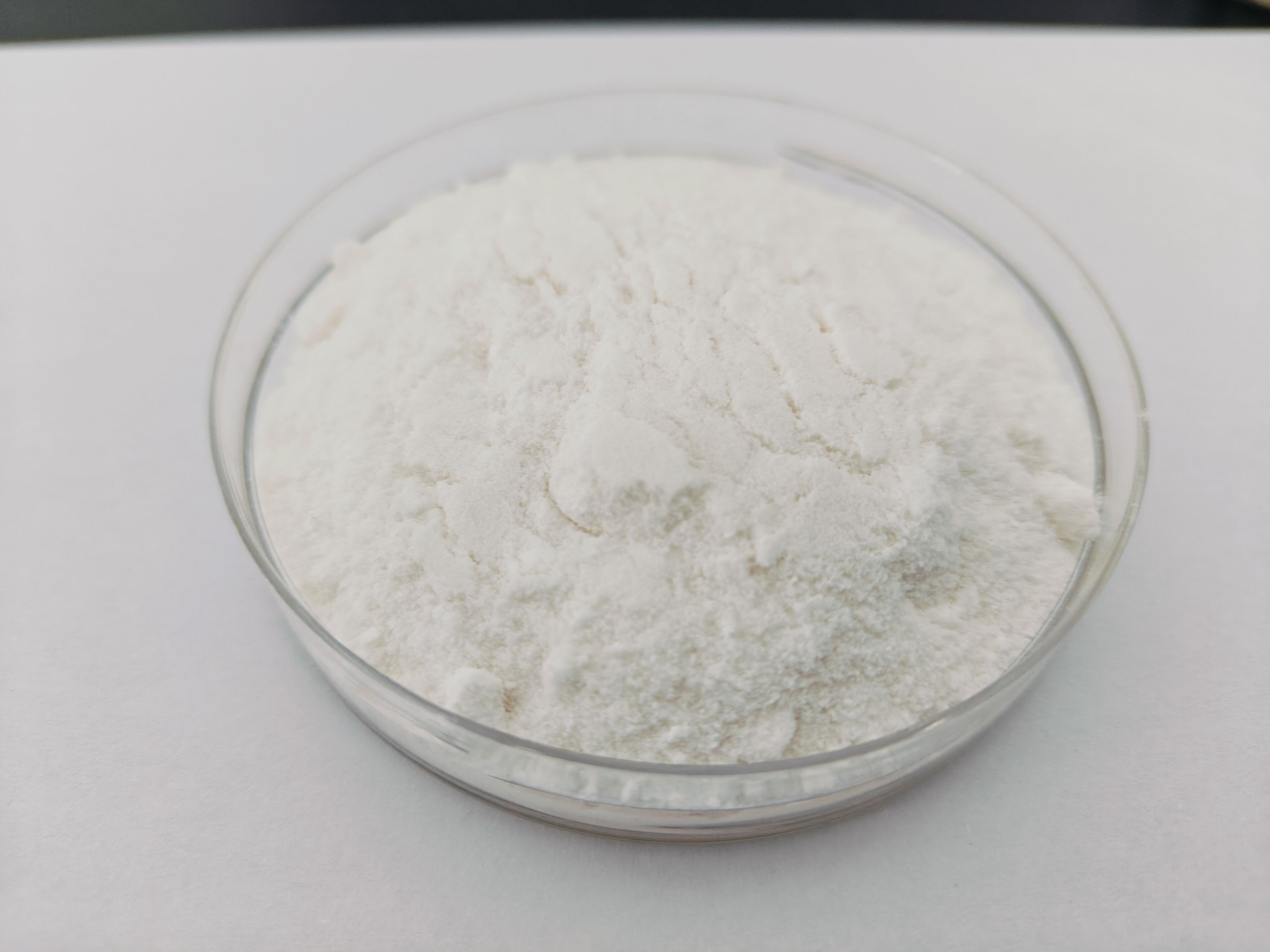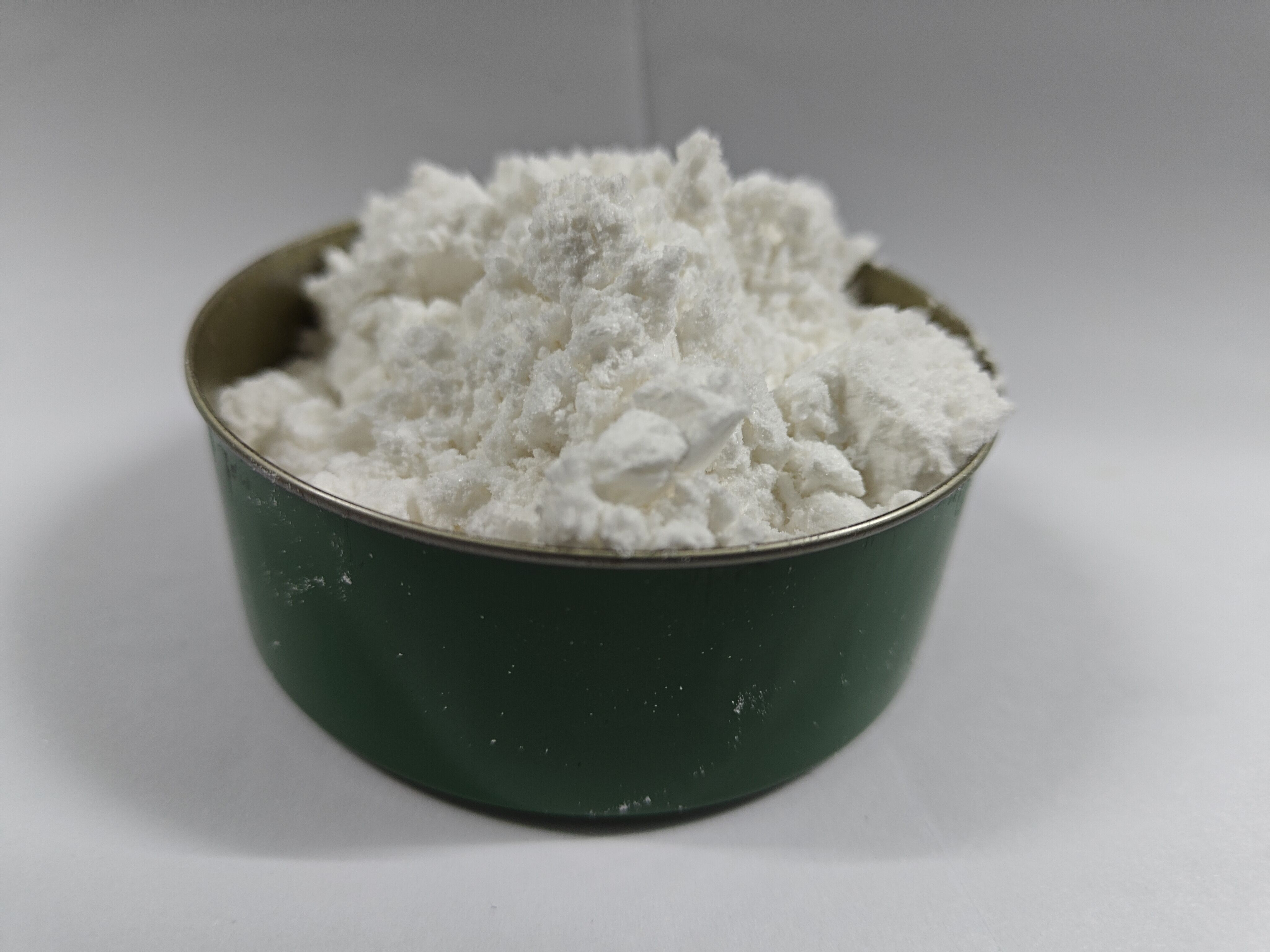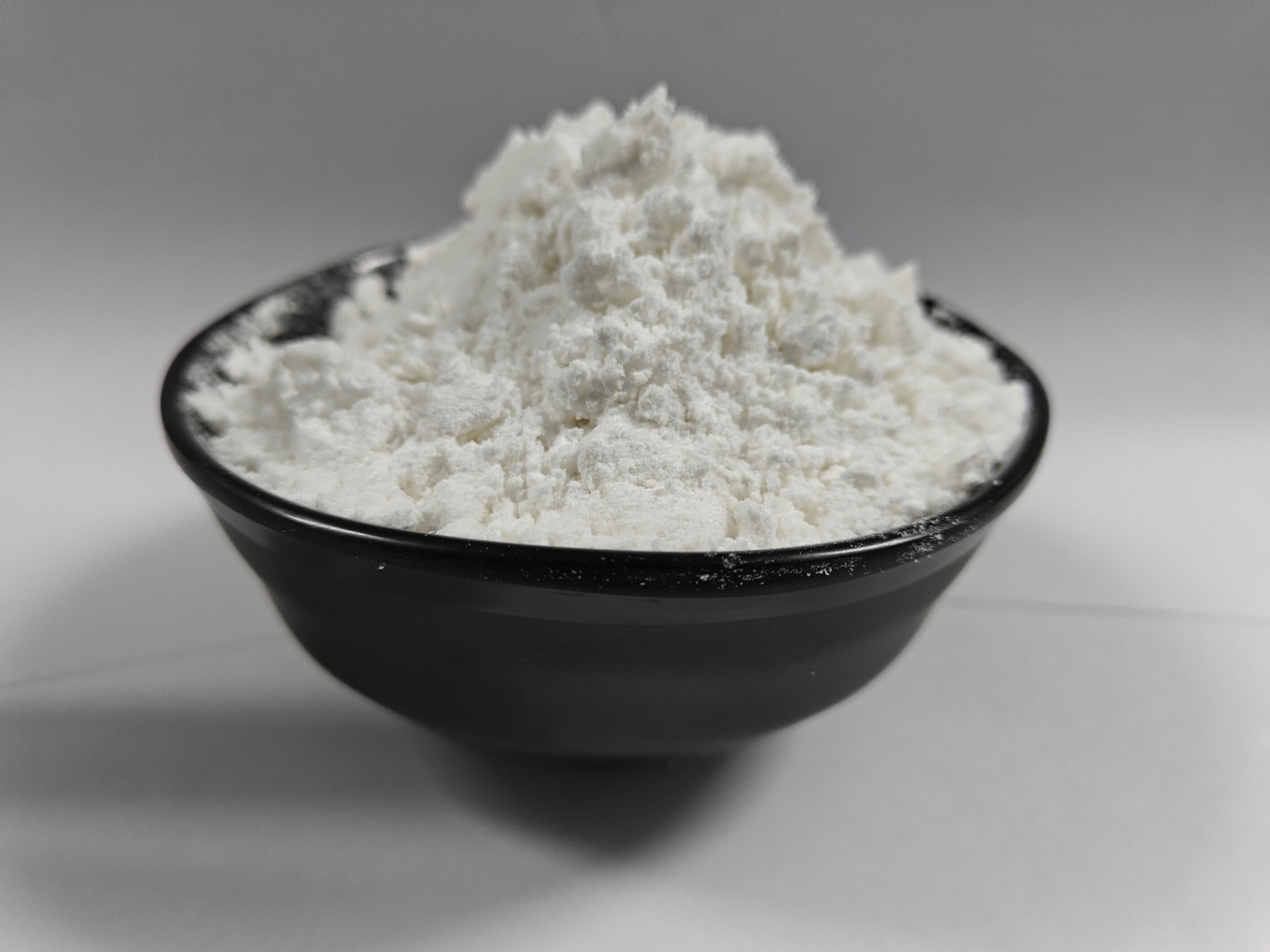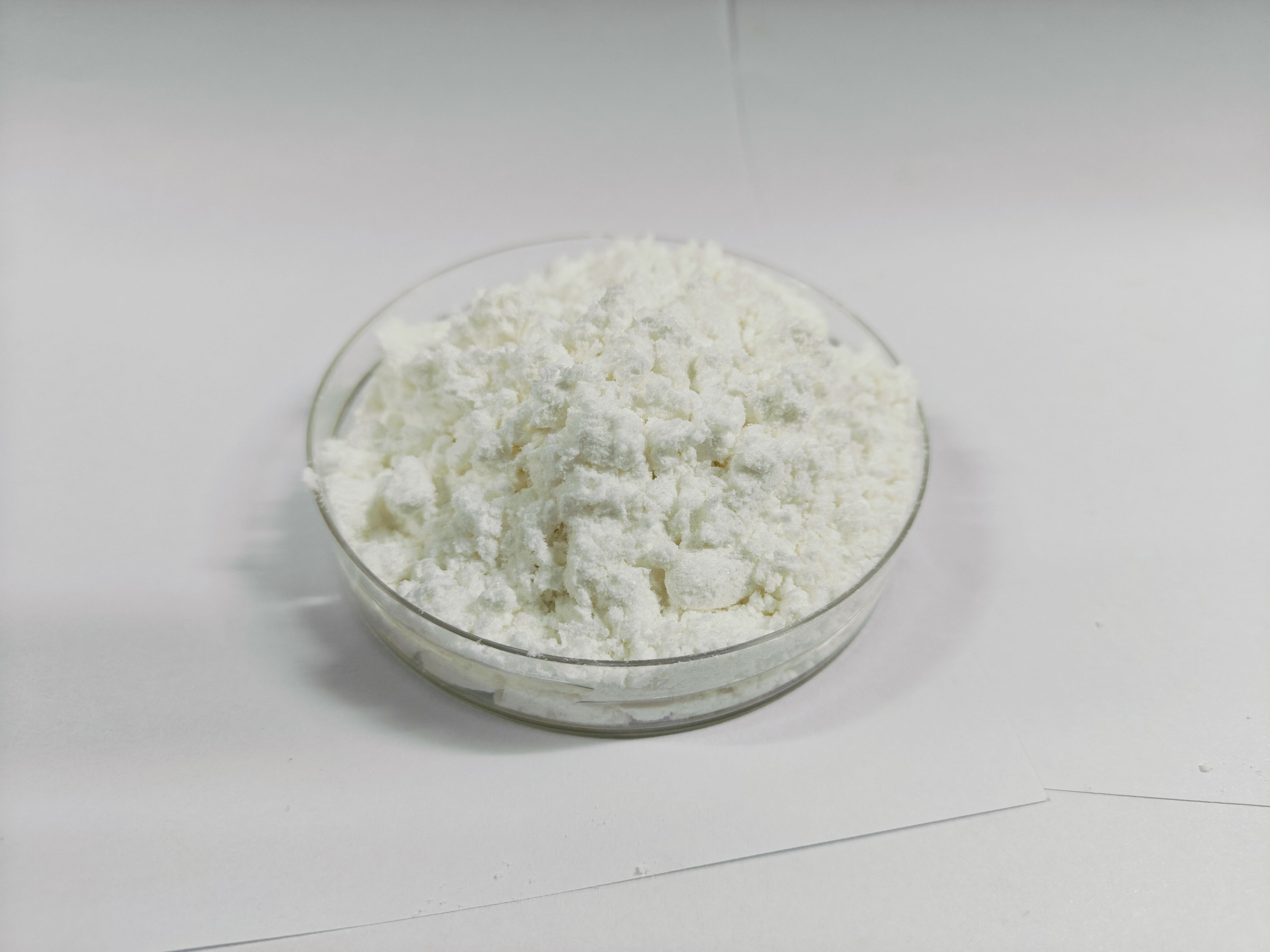carbonyldiimidazool sintese
Carbonyldiimidazool (CDI) sintese verteenwoordig 'n kruisende vooruitgang in moderne organiese chemie, wat dien as 'n veelsydige reagens vir die vorming van amide, esters en ander karbonyl-bevatte samestelle. Hierdie sintetiese metode gebruik N,N-carbonyldiimidazool as koppelingsagente, wat die aktivering van karboksylsuure vir volgende nukleofiliese substitusiereaksies moontlik maak. Die proses funksioneer onder sagte toestande, tipies by ruimtemperatuur, en produseer imidazool as 'n onskadelike byprodukt. Die reaksiemeganisme behels die aanvanklike vorming van 'n geaktiveerde akyl-imidazool-intermediêre, wat maklik reageer met nukleofile soosamine of alkohole om die gewenste produkte te vorm. Een van die belangrikste voordele van CDI-sintese is sy skoon reaksieprofiel, wat minimale nevensprodukte genereer en eenvoudige verreinigingsprosedures vereis. Die metode wys uitstekende kompatibiliteit met verskeie funksionele groepe en kan toegepas word op sowel oplossingsfasie- as vastefasie-sinteseprotokolle. In industriële toepassings het CDI-sintese veral waarde in farmasieutiese vervaardiging, peptied-sintese en die vervaardiging van spesialiteitschemikalië, deur 'n betroubare en doeltreffende roete na komplekse molekulêre strukture aan te bied.

